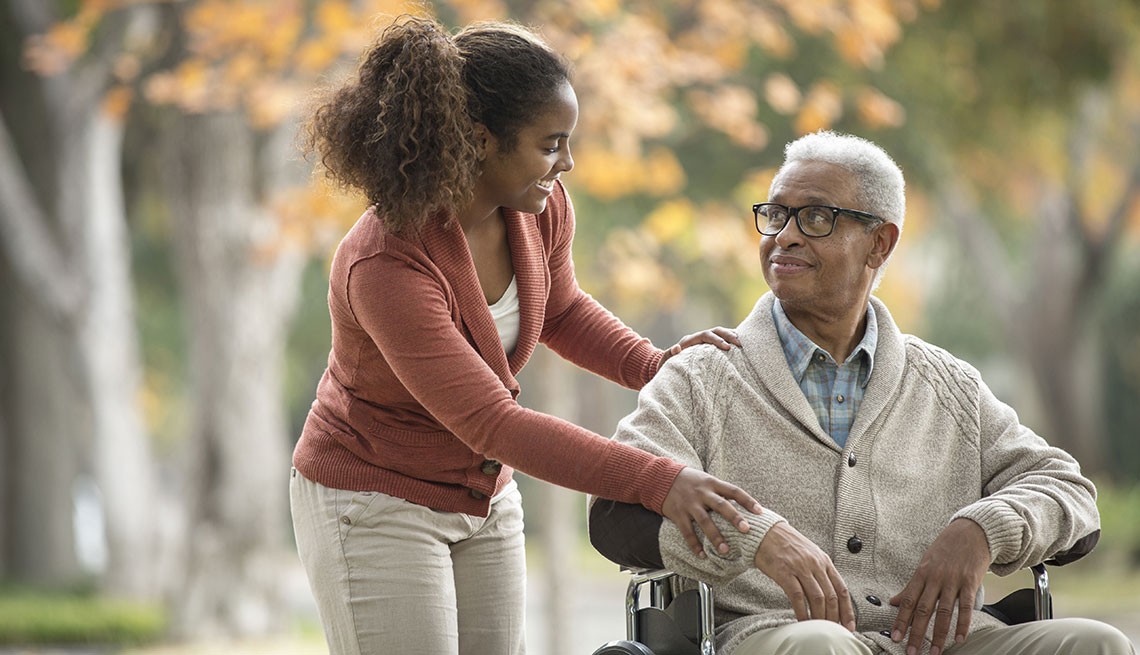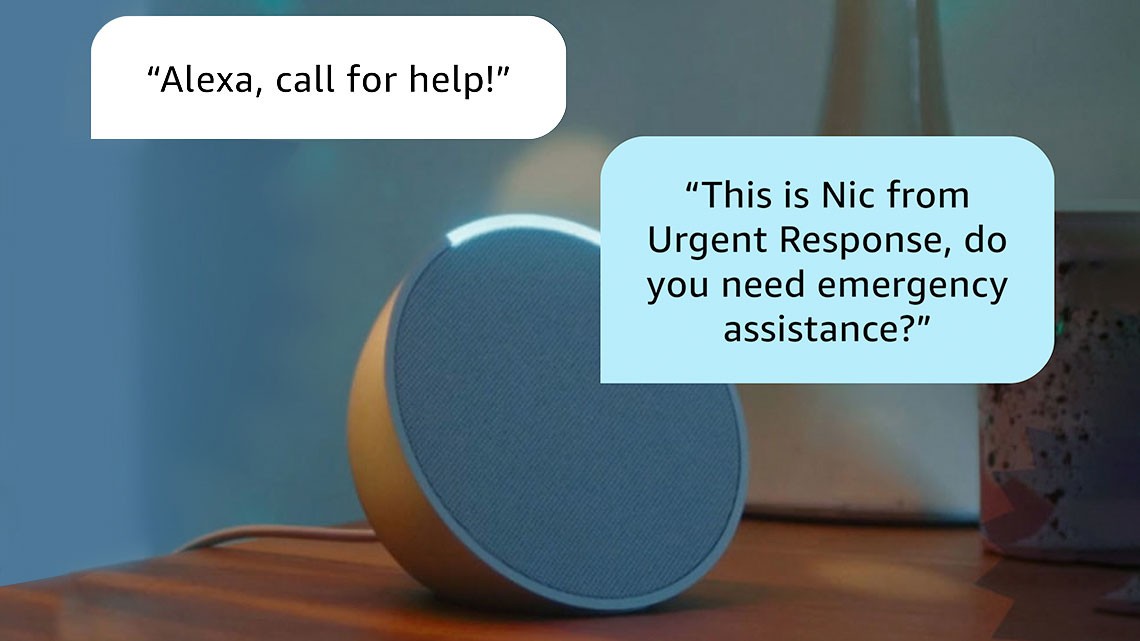Staying Fit


One of the most common safety concerns for people with dementia is that they will leave the house and get lost.
In my 35 years of caregiving and work experience, no one I have encountered who is living with dementia just “wanders” aimlessly. In their minds, there’s a reason:
- They are looking for something or someone.
- They believe they should be somewhere — work, home, picking up a child after school, etc.
- They want to do something. (I once lost an adult day-care client because he wanted to go fishing.)
- They have an unmet need — hungry, thirsty, tired, lonely, etc.
- Or they are scared.


AARP Membership— $12 for your first year when you sign up for Automatic Renewal
Get instant access to members-only products and hundreds of discounts, a free second membership, and a subscription to AARP the Magazine.
We may not understand what they are thinking or why they are confused. And they may not be able to communicate it.
In more than a decade of caregiving for my dad, who had Alzheimer’s, he disappeared twice. Both times, he was legitimately looking for someone.


Dementia Caregiver's Guide
The latest advice and resources to help you and your loved ones navigate a diagnosis.
First, I was in a doctor’s exam room with Mom, and he was in the waiting room with my niece. She wasn’t paying attention, and he went to look for Mom.
He went right out the back door, which someone had left open, and through two parking lots looking for us. Thankfully, I realized he was gone and figured out where he went quickly and spotted him in the distance.
The second time, my niece was visiting my parents at their senior community and decided to wait for her mother to pick her up at the entrance to the community. Dad got worried about whether she had been picked up and walked out to look for her. When he didn’t see her because she had been picked up, he went outside the entrance and up to the corner of a major road. Then he couldn’t figure out how to get back home.
Fortunately, a neighbor driving by saw him asking stopped cars for help, recognized him and brought him home.
It’s hard to express the sheer terror I felt in both situations. We were extremely lucky in these instances and I put more safeguards in place when they happened. Now there are even more readily available safety options to help. Even if we don’t think our loved ones could get lost, we all need to be prepared.





































































More on Dementia
How Therapeutic Fibbing and Diversion Can Help Loved Ones with Dementia and Alzheimer’s
Tactics to comfort, alleviate stress and meet individuals in ‘their reality’
Family Caregivers Wonder: What Is My Loved One With Dementia Feeling?
Employing different strategies to help communicate may ease some worries
10 Early Warning Signs of Dementia You Shouldn’t Ignore
How to spot early indicators that your loved one may have Alzheimer’s or dementia